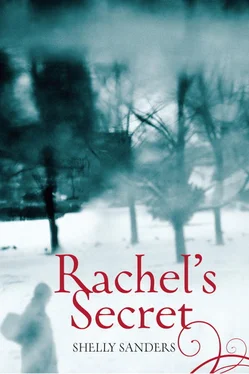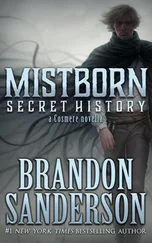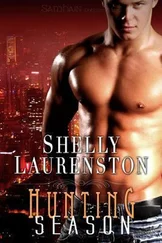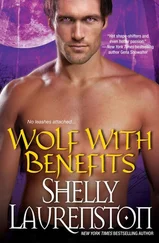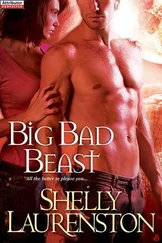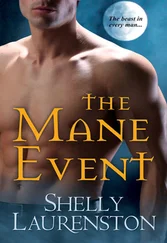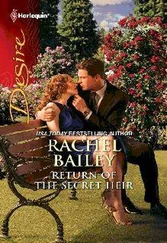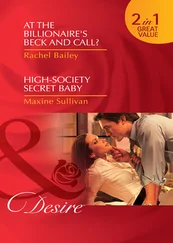“In time,” said her mother. “In time.”
“I can’t wait to be out of this hospital on our way to America,” said Nucia. “Mother, did Father ever tell you about his parents?”
Their mother stopped sewing and rested her hands on the table. She had a faraway look in her eyes. “A little…it made him sad. He told me his father was very smart but very stubborn, and his mother was always frail.”
“I wonder if we’ll ever meet them.” Rachel sighed. “I wish they could come to America with us.”
Her mother pressed her lips together and resumed sewing. “From Zeyde’s letter, it is clear Bubbe is not well enough to make such a long journey.”
“But what will happen to them if there are riots in Gomel?” asked Nucia.
Rachel saw her mother’s back stiffen, but she didn’t take her eyes off her work. Neither did the other women. Rachel’s heart sank. Her grandparents could end up homeless, or worse.
Rachel shrugged her shoulders to release the tension. They were stiff from being hunched over her sewing all day. When she dropped her empty soup bowl into the bucket, Rachel glanced at her mother and sister who were still eating. “I’m going to take a walk,” she announced. “I’ll meet you back at the hospital.”
“Should you be outside by yourself?” asked her mother.
“I’ll be fine. The days are longer now, and I need to stretch my legs,” she replied, stepping back from her mother. Rachel had noticed a change in their relationship since her mother had regained her awareness. She no longer admonished Rachel for small things, and she trusted her judgment, as if Rachel had suddenly gone from being fourteen to sixteen. “I’ve been sitting so long today,” Rachel called back as she was leaving. “I almost feel like sleeping on my feet tonight.”
Rachel headed down the street without a backward glance. She craved time alone. It was something she’d taken for granted before the massacre, being curled up by the stove with a good book. Now the former world seemed far away.
Though some of the debris had been removed, there were still constant reminders of the hatred that had prevailed. And when she took a deep breath to revel in the warm spring air, it was the scent of decay that she smelled.
Almost every store she passed had been pillaged or destroyed. Rachel wondered how the town would ever recover from so much damage.
At the river, Rachel found herself on the same path she had taken the day Mikhail was killed. Today, however, there was no snow or ice. Instead, mud caked the weathered felt boots that pinched her toes, and trees and lilac shrubs dense with new leaves and blooms made it hard to see where she was going. As she moved further away from the street, the air grew fragrant with lilacs and the mud became thicker, like the dough her mother used to knead when she made black bread.
At one point, her foot sank in the thick sludge, stopping Rachel in her tracks. “Oh no!” She groaned as she pulled her boot from the mud. Moving carefully to avoid the clumps of muck, Rachel kept her eyes on the path until she reached the trees by the River Byk.
I have to do this, she told herself, as she hesitated. I have to be able to face my demons before I leave Kishinev behind forever. She walked out from the trees and stood by the bench—the last place she had seen Mikhail. No longer frozen, the river was greenish-brown and barely flowing. It looked dirty and much less inviting than it did in the winter when it was shiny and white.
She brushed some dried leaves and dirt off the bench and sat down. The hairs on the back of her neck stood up as she remembered the last time she’d been here. She could still picture Mikhail skating on the ice, his face so full of life and promise.
“Rachel?”
Startled, she turned and saw Sergei standing behind the bench. She smiled. “I guess we both had the same idea today.”
Sergei sat down beside her. “Not really. I saw you walking in this direction and followed you.”
She blushed.
Sergei sat down. “I come here often. I like to get away from everyone, and this seems to be the only place in Kishinev that wasn’t destroyed.”
Rachel nodded. “This is the first time I’ve been back since… since…” She looked out at the river.
“I know,” said Sergei quietly.
“Kishinev will never be the same. I’m glad we’re leaving soon.” Rachel picked up a stone and threw it in the river.
“You’re leaving? When?”
“When we can raise enough money for a ship’s passage to America. My grandparents sent us train tickets to Vladivostok.”
Sergei nodded and fidgeted with the stones he held in his hands. “America… that will be a long journey.”
Rachel nodded and picked up some stones. “I’ve never been away from Kishinev. It’s hard to imagine living so far away, in another country.” She pitched the stones into the water and listened to the plunking sound they made as they sank.
Sergei looked at her closely, studying her face as if he would never see her again. “Will you write to me? I’ve always wanted to know what it’s like in America.”
She gave him a half-smile. “Of course.” Her eyes moved to the river again, to the spot where she had last seen Mikhail. “And I’m going to write about Kishinev.” She turned and looked at Sergei. “So that people don’t forget what really happened to Mikhail and my father.”
He grinned. “You will be a famous writer when your story is published. I’m sure of it.”
Rachel felt warm and happy hearing the conviction in Sergei’s voice. He made her feel like anything was possible, that her dreams really could come true.
“Mikhail and I had plans to travel to Petersburg together.” He threw a stone, which skipped lightly over the water. “I was going to study art and Mikhail planned to work there and go to the university.” Sergei pushed the mud around with his feet and scowled. “But now…my father lost his job and is drinking our savings away.”
Rachel turned and stared at him. “Your father is not the police chief anymore?”
He shook his head and smiled grimly. “He got what he deserved. Only it means I have to get a job to help take care of my mother and my sister and aunt.” He played with a stone in his hand and tossed it into the river. “Everyone—everything— has changed. The whole town is a different place now. I feel like I’m twenty years older than I was, as if I have the world on my shoulders.” He sighed and bit his lip. “Especially when I’m out looking for a job and my father is drunk at the tavern.” He looked pointedly at Rachel. “I love him because he’s my father, but I despise him as well. That sounds strange, doesn’t it?”
“No, it doesn’t.” She paused. “Does he know you want to be an artist?”
Sergei grunted. “He thinks I’m going to become a police officer like he was.”
“Will you ever tell him the truth?”
“Probably not.” He shrugged. “It was a stupid idea. I haven’t had time to draw in weeks. I need to make money now.”
“I don’t think it’s stupid. Maybe you’ll get a chance to become an artist someday.”
He hurled a large stone into the muddy water. “I doubt it.”
“Can your aunt get a job to help?”
He laughed. “She’s not right in the head. She says strange things to people, which is why she’s never been married or able to work.”
“That’s a shame.” Rachel picked up a small black stone and examined it closely in her hand. “I miss playing chess with my father. He taught me to play, and I thought I would beat him some day. Do you play?”
“A little, probably not as well as you. I don’t have a lot of patience. I play a lot of backgammon, especially with my sister. Most of the time I let her win.”
Читать дальше
